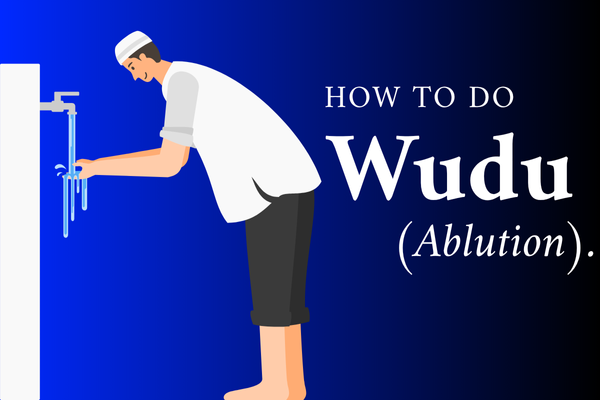Ghusl Explained: Insights from the Teachings of Prophet Muhammad ﷺ.
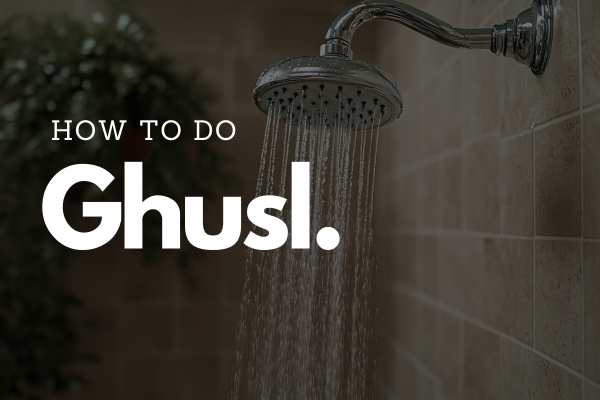
- Before diving into how to do ghusl, let’s understand what is ghusl and when it is required.
What is Ghusl ?
- Ghusl (غُسل) is a full-body ritual purification in Islam. It is a major form of ritual washing that a Muslim performs to cleanse themselves from certain states of major impurity (janabah), and it is obligatory in specific situations. It is important to do ghusl before performing any act of worship to allah.[like: Praying salah; touching or reciting Quran etc.]
When is Ghusl Required ?
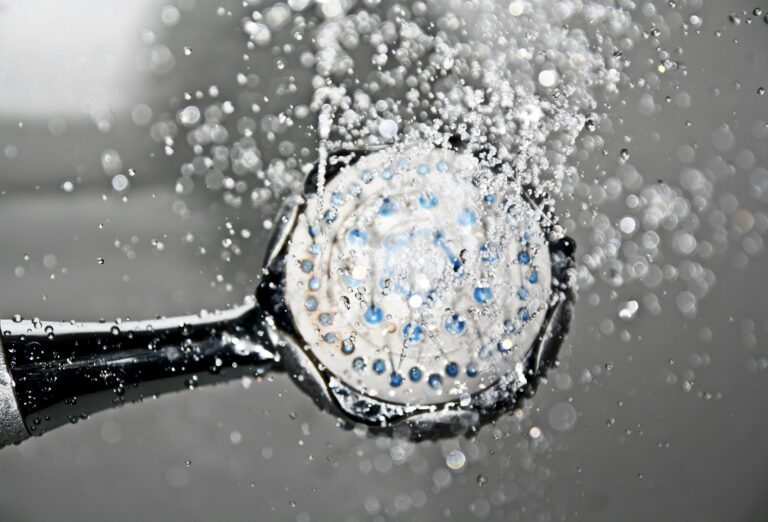
1. After Janabah (Major Sexual Impurity) :
Ghusl is required after:
Sexual intercourse (even without ejaculation)
Ejaculation (whether awake or during sleep, such as a wet dream)
2. After Menstruation (Hayd) :
- Women must perform ghusl after their menstrual period ends to be in a state of purity for prayer, fasting, etc.
3. After Postnatal Bleeding (Nifas) :
- Women must perform ghusl after the bleeding following childbirth ends.
4. Upon Conversion to Islam :
- According to some scholars, a person who newly accepts Islam should perform ghusl if they were in a state of major impurity before converting.
5. Before Jumu’ah (Friday) Prayer :
- Ghusl is recommended (Sunnah Mu’akkadah) before the Friday prayer, but not obligatory.
6. Before Eid Prayers :
- Also Sunnah, not fard, but highly recommended.
7. Before Going to taw’af around the Kaaba :
- Before going to wear ahraam clothes for umrah and hajj, We have to must do ghusl to purify ourselves.
8. Upon Death :
- A deceased Muslim (except martyrs) must be given ghusl before burial.
How to Perform Ghusl — The Way of Sunnah.
1: Make Intention (Niyyah) :
- Silently intend in your heart:
“I am performing ghusl to purify myself for the sake of Allah.”
❌ Do not say it aloud — intention is in the heart.
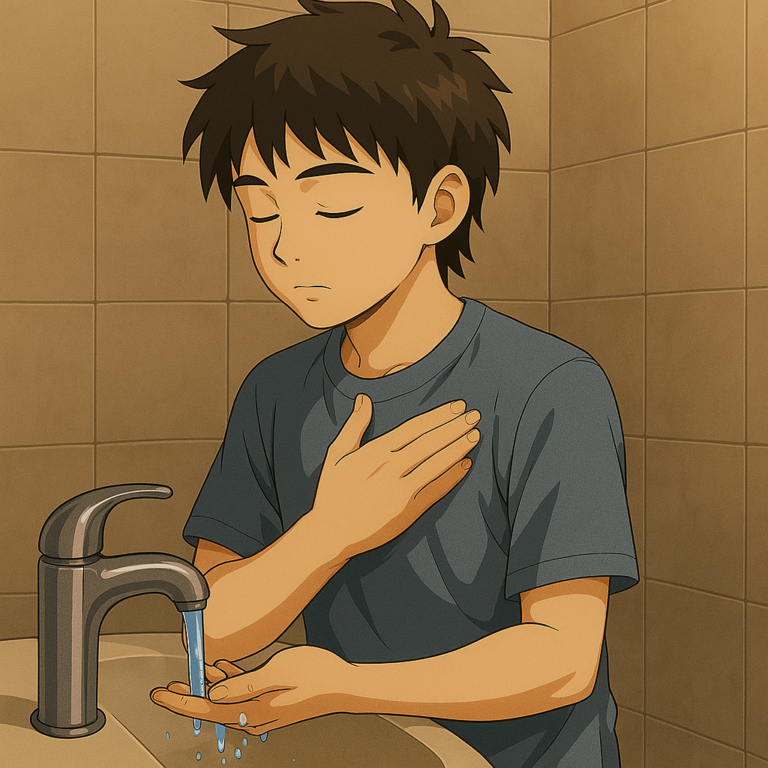
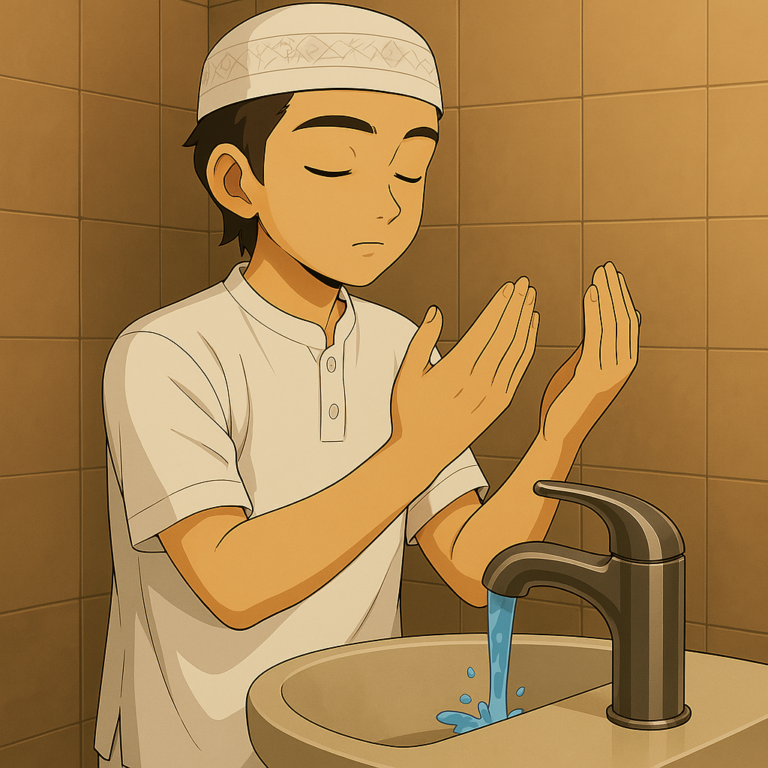
2: Say 'Bismillah'
- Begin by saying:
“Bismillah” (In the name of Allah) – It is sunnah of our prophet muhammed.
❌ Do not say it aloud — Say it in your heart.
3.Wash Your Hands:
According to the hadith :
- Sahih Bukhari 257 :
- Narrated Maimuna said, i placed water for the bath of the prophet. He washed his hands twice or thrice.
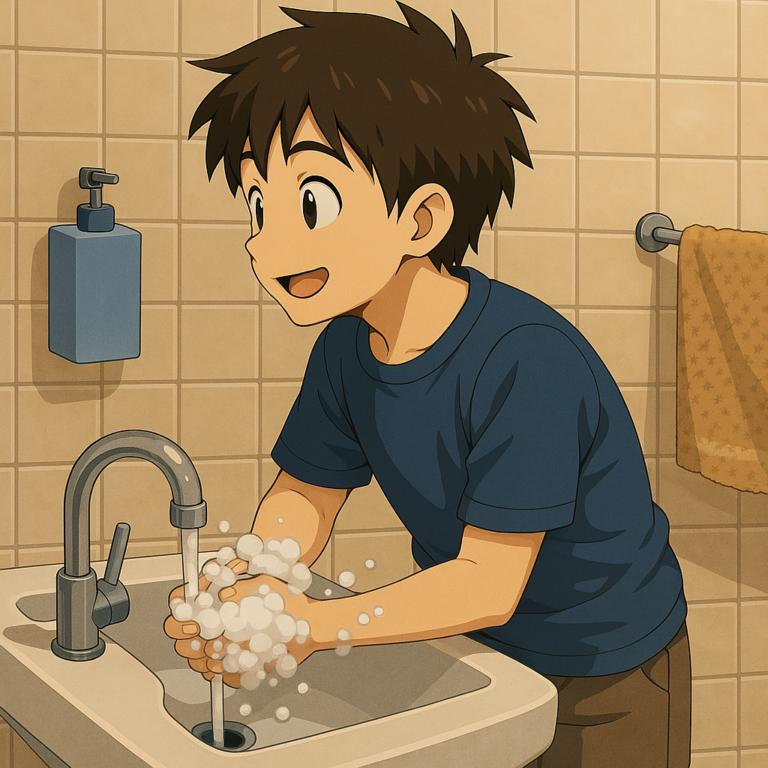

4. Wash the Private Parts:
According to the hadith :
- Narrated Maimuna said :
I placed water for the bath of the Prophet. He washed his hands twice or thrice and then poured water on his left hand and washed his private parts. He rubbed his hands over the earth (and cleaned them), rinsed his mouth, washed his nose by putting water in it and blowing it out, washed his face and both forearms and then poured water over his body. Then he withdrew from that place and washed his feet.
– (Shahih bukhari hadith no. : 257)
5. Perform Wudu (Ablution):
According to the hadith :
- Narrated Maimuna said :
(the wife of the Prophet) Allah’s Messenger (ﷺ) performed ablution (wudu) like that for the prayer but did not wash his feet. He washed off the discharge from his private parts and then poured water over his body. He withdrew his feet from that place (the place where he took the bath) and then washed them. And that was his way of taking the bath of Janaba.
– (Shahih bukhari hadith no. : 249)

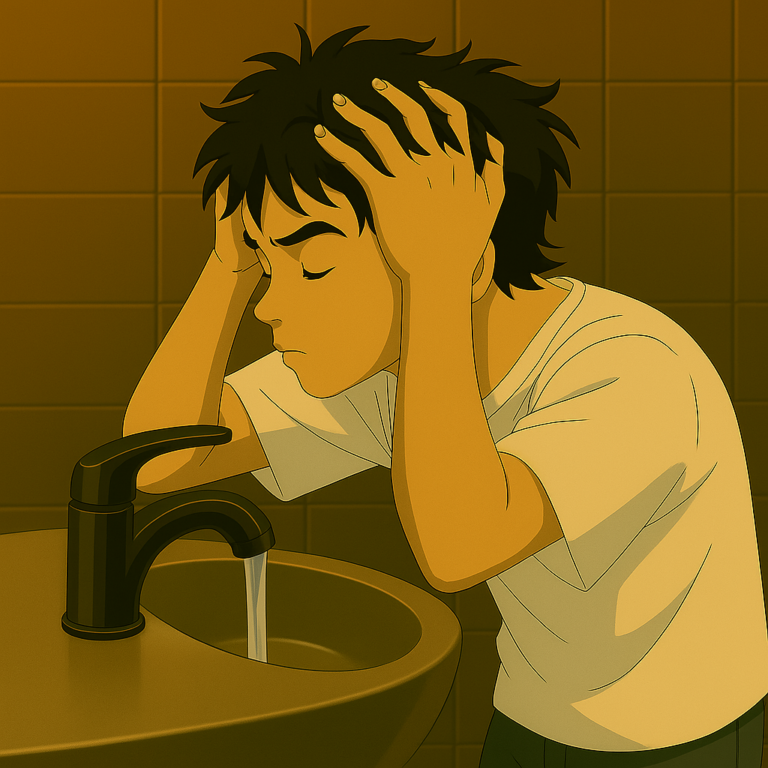
6. Pour Water Over the Entire Body:
According to the hadith :
- Narrated `Aisha: said :
Whenever the Prophet (ﷺ) took a bath after Janaba he started by washing his hands and then performed ablution like that for the prayer. After that he would put his fingers in water and move the roots of his hair with them, and then pour three handfuls of water over his head and then pour water all over his body.
– (Shahih bukhari hadith no. : 248)
- Wash the right side body first and then wash the left side body next.
7. Wash the Feet :
According to the hadith :
- Sahih Bukhari 249 :
- Prophet muhammed (ﷺ) used to do ablution[wudu] when performing ghusl but prophet didn’t wash his feets by doing wudu. he washes the feets after the ghusl means he ended up the ghusl by washing his feets. He withdrew his feet from that place (the place where he took the bath) and then washed them.
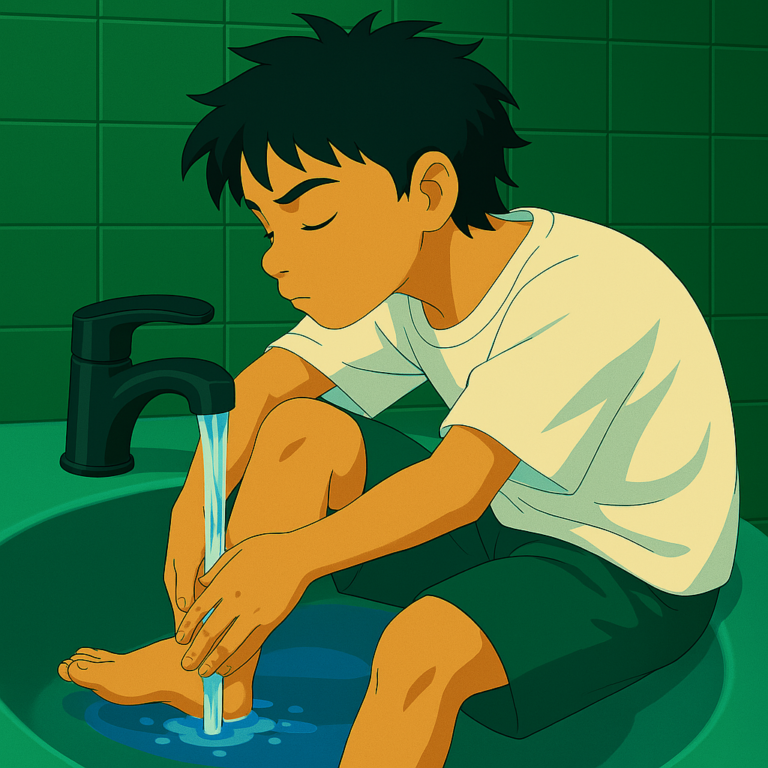
Common Mistakes to Avoid :
1. Not Making a Clear Intention (Niyyah)
Mistake: Performing ghusl without a conscious intention.
Fix: Always intend in your heart that you are purifying yourself for the sake of Allah.
2. Missing Parts of the Body
Mistake: Water not reaching hidden or hard-to-reach areas, such as:
Under the armpits
Inside the navel
Behind the ears
Between fingers and toes
Scalp/hair roots (especially thick hair or braids)
Skin folds or under body fat
Fix: Rub or move your hand over the skin and ensure water reaches everywhere.
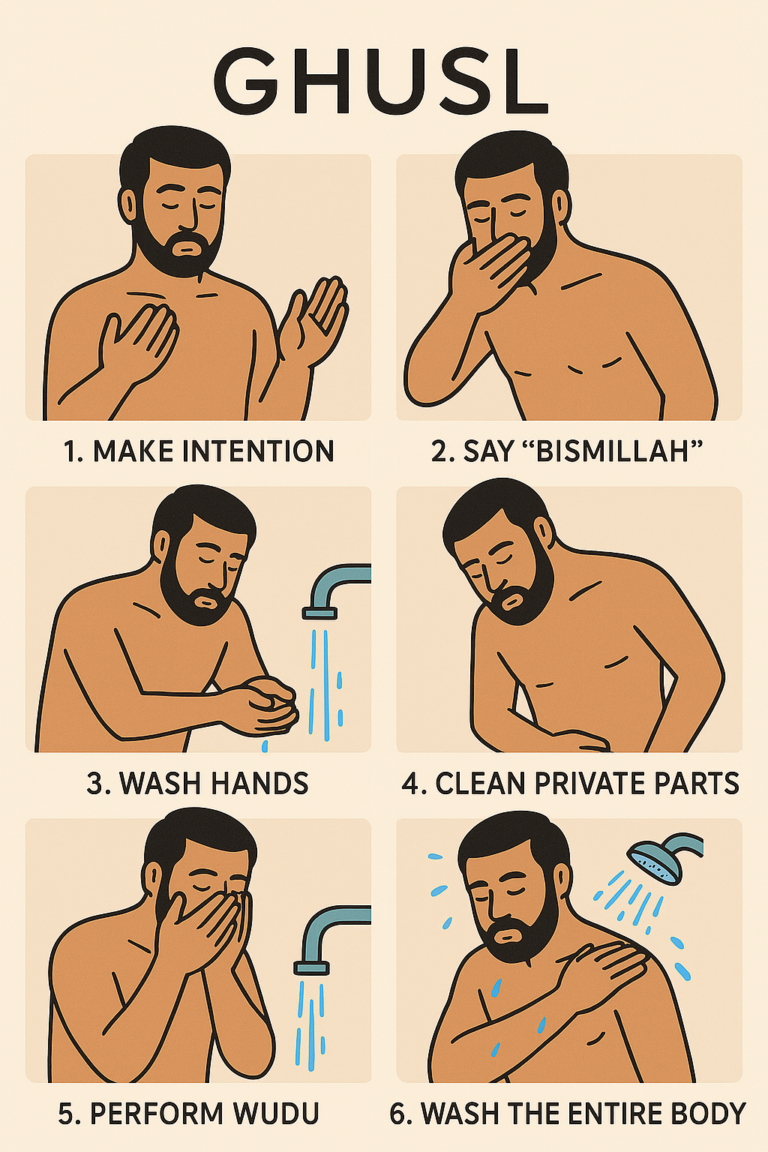
3. Neglecting to Rinse the Mouth and Nose (According to Most Scholars)
Mistake: Skipping rinsing the mouth and nostrils.
Fix: Make wudu but don’t wash your feets . Gently rinse your mouth and nostrils as part of the ghusl (especially important for men and non-fasting women).
4. Incorrect or Incomplete Wudu
Mistake: Skipping parts of wudu (like washing the arms or feet) during ghusl.
Fix: Perform a complete wudu during ghusl or ensure that each required part is washed properly.
5. Not Washing Hair Roots or Scalp
Mistake: Letting water run over the hair without ensuring it reaches the roots or scalp.
Fix: Take water in your hands and move the hairs with fingers or pour water thoroughly to reach the scalp, especially for thick hair or braids.
6. Performing Ghusl in an Impure Area
Mistake: Bathing in a dirty place or where there is physical najasah (impurity).
Fix: Use a clean area for ghusl and avoid standing in dirty or pooled water.
Frequently Asked Questions About Ghusl - FAQ'S
1. Do I need to say anything out loud before starting ghusl?
- It is recommended to say “Bismillah” before starting.Don’t say Bismillah loudly in the bathroom say it in your heart.
2. Can I use a shower to perform ghusl?
Yes, as long as you follow the proper steps:
Make intention
Ensure water reaches every part of the body
Rinse the mouth and nose
Perform wudu or wash the necessary parts
3. Is ghusl required after every sexual act or wet dream?
Yes, ghusl becomes obligatory after:
Sexual intercourse (with or without ejaculation)
Ejaculation (including wet dreams)
Menstruation (hayd)
Postnatal bleeding (nifas)
4. Can I delay ghusl and still pray?
- No, you must perform ghusl before offering any obligatory prayer (salah) if you are in a state of major impurity.
5. Can I perform ghusl without soap or shampoo?
- Yes. Soap is not required. What matters is that pure water touches every part of the body.

